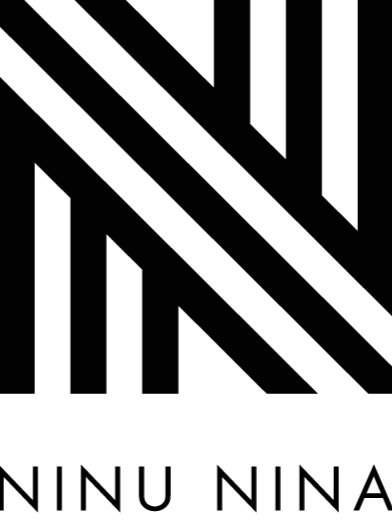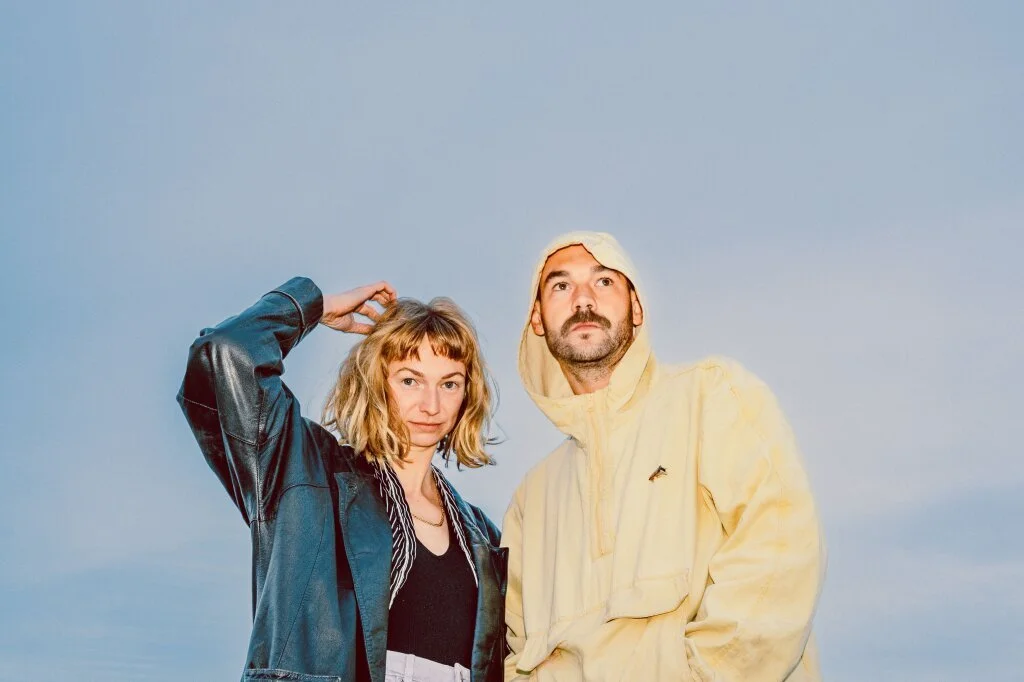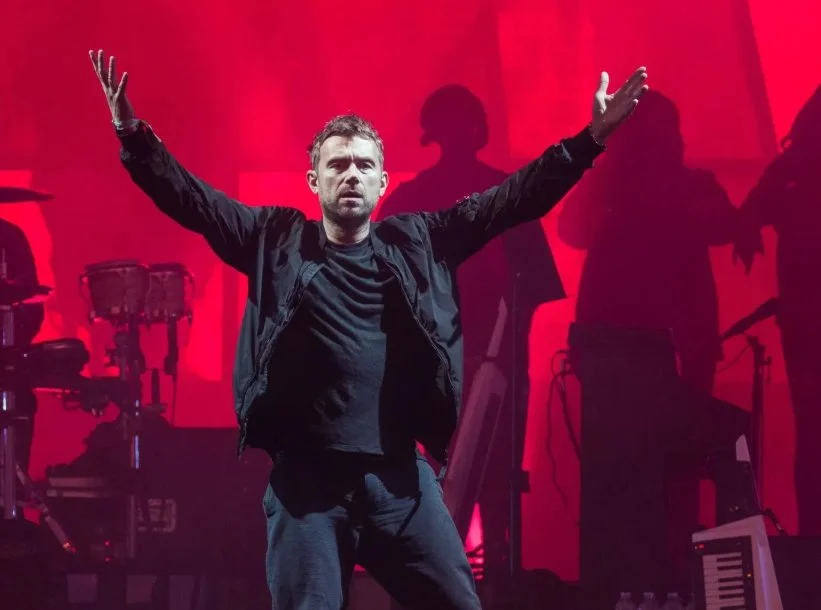Between Mountains Festival: A Swiss Music Festival Bridging Classical, Electronic, and Experimental Sounds
This weekend- 19 of July, a bold new festival arrives in Switzerland: Between Mountains, a celebration of music, nature and boundary-pushing creativity.
Set against the foothills of the Jura Mountains at the Holdenweid estate—a former psychiatric hospital turned cultural haven, the festival brings the progressive ethos of Germany’s Detect Classic Festival to Swiss soil. Blurring the lines between classical, electronic and experimental sound, Between Mountains invites audiences into a world where genres dissolve, and music becomes a shared act of reflection, and joy. It’s the brainchild of conductor Baldur Brönnimann and cultural manager Felix Heri, who, after years of reshaping tradition with the Basel Sinfonietta, dreamed of a festival that dismantles the barriers surrounding classical music. Their vision: a radically open space where sound and setting converge to spark new ways of listening and being.
Born from collaboration with members of the Detect Classic Festival team, Between Mountains reinterprets that pioneering concept with a distinctly Swiss identity—rooted in the landscape. As the festival approaches, we sit down with three featured artists—Eva Geist, O/Y, and KL!T—enjoy.!
EVA GEIST
Q: You’ve spoken about art needing to be militant and revolutionary. Can you elaborate on this?
In my opinion, when we speak about art, we should refer to something original and mysterious – something that awakens a feeling of the unknown inside.
To be militant and revolutionary today, art doesn’t need to imitate the avant-garde of the past century. It can connect to the body, nature, and spirit, for instance. It’s very destabilizing to bring light where it’s dark and beauty where it’s devastated. And at the same time, it’s the medicine – a homeopathic remedy, which works on the source of disease by showing it and dissolving it through consciousness.
Q: As someone who loves to travel, do natural landscapes affect your approach to creating or performing music? If so, how?
I am influenced by nature, especially watery landscapes. A nostalgic sense of longing towards Edenic impressions runs through my work. Title tracks and lyrics evoke nature, but also an abundant usage of field recordings does it. Even when producing the synthetic sounds, I aim to build a landscape – a soundscape which maybe belongs to another sphere of this planet.
Q: How does your journey from classical music to electronic music influence your performances at a festival that embraces both?
I see classical and electronic music simply as stations of a way more complex, long-term research, which, for example, brought me to mantra, healing frequencies, and soundscapes. It’s probably the way I approach melody and harmony that has been greatly influenced by the temperate system – as much as the influence of synth pioneers on the way I play electronic instruments.
What I’d like to present at the festival is an intimate performance focused mainly on my voice, resounding in hypnotic, looped refrains.
Photo Marco Cazzella
O/Y
Q: Do you believe music can be a catalyst for change in today’s political and cultural climate?
I don’t think music can be a real catalyst for change in today’s political landscape – the problems are just too severe. I do think artists provide an important platform for activism and discourse, however. Kneecap, Massive Attack, or Macklemore come to mind as strong voices for political change.
Personally, I feel like it’s quite difficult to maneuver in this regard, especially on social media. Since we are so divided on most issues as a society, taking a side as an artist is a tough decision with a lot of ramifications.
Conversely, when it comes to culture, I feel that non-commercial music – and art in general – are a vital catalyst for change. Important spaces are being closed left and right, funding is being cut, and people have fewer resources to access subculture. Still, the scene is alive, and the thought of maintaining it motivates me a lot.
Q: You’re performing alongside your sister KL!T at the Between Mountains Festival this summer. What can festivalgoers expect from your performance?
People can expect an improvised, eclectic electronic live set that is fun and engaging. We never prepare – we just connect our hardware and start playing. Musically, we move from house to minimal and dub techno, with a big setup in the middle of the crowd.
Q: As a classically trained drummer turned electronic music producer, do you feel your music resonates with both audiences?
Absolutely. There is a substantial intersection between modern classical and electronic music anyway, and I have found a very comfortable place somewhere between those worlds. In the end, playing live with hardware and a modular synthesizer is very engaging – no matter your musical background.
KL!T
Q: Do you see your work as a form of activism? If so, what kind of change or reflection do you hope to inspire?
Yes! I definitely see my work as a form of activism. I want to encourage FLINTA* people to start producing music themselves. It's important to me to show how much joy it can bring – and that the first steps aren’t as hard as they might seem. The threshold can feel high, but with small, manageable steps, it's absolutely possible.
I want to highlight that women and FLINTA* individuals are not just part of the subculture – we help shape it. We should take up more space and claim it confidently.
Q: You're performing alongside your brother O/Y. What does it mean to you – personally and artistically?
Making music with my brother is an act of love and connection. Every live show with him is something truly special for me. Our musical styles complement each other effortlessly – we almost exclusively communicate non-verbally through the music, and it works seamlessly.
That connection probably comes from sharing the same background and having an intuitive sense of how the other is feeling. Performing live together blends improvisation, humor, passion – and a lot of fun.
Q: The Between Mountains Festival is about breaking down boundaries - How does your work fit into this concept of crossing borders?
That mindset fits my approach really well. When I play live, no set is ever the same. I like to constantly reinvent myself, adding small surprises and spontaneous moments. My music blends genres – it's experimental, atmospheric, and refreshing. I improvise in both my ambient and more danceable live sets.
Culturally, it's still relatively new to see women and FLINTA* people producing electronic live music. I see it as part of my mission to dissolve the boundaries between live music, technology, production, and DJing – and to inspire others to dive into this fascinating, sometimes very nerdy world.
O/Y & KL! T







